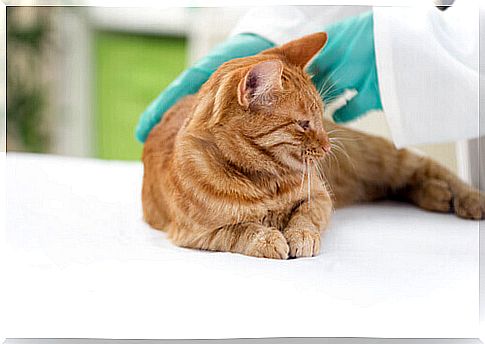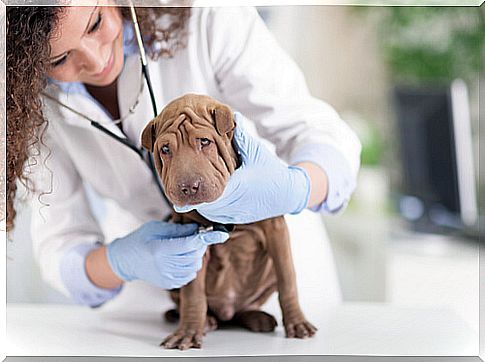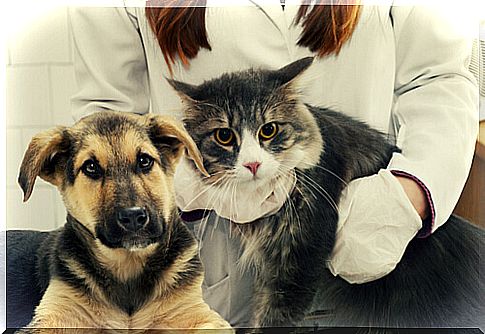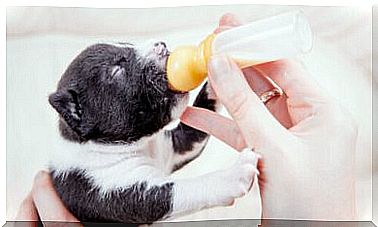What Vaccinations Are Required For Your Pet?

In addition to knowing which vaccinations are mandatory, the veterinarian is the one who will best indicate the vaccination schedule for your furry friend, according to their age, lifestyle and region in which they live. In this article, we’ll bring you some information about the most common vaccines that should be given to dogs and cats.
Get to know the vaccination schedule for pets

In the case of dogs, the most commonly applied vaccines are those designed to prevent:
- Distemper
- parvovirus
- Kennel cough
- Hepatitis
- leptospirosis
In felines, we should apply the vaccines that immunize them against:
- Feline Panleukopenia
- rhinotracheitis
- calicivirus
- Leukemia
In general, it is recommended to administer the rabies vaccine to both dogs and cats.
Ask your veterinarian what vaccinations are required for your pet
You should keep in mind that, although some vaccines are mandatory, they will only be effective if, at the time they are given, your pet is healthy, dewormed and has a perfectly functioning immune system.
Vaccination is not only important for your four-legged friend to stay healthy and that certain diseases he may contract do not affect you or your family group (zoonoses). Complying with the vaccination schedule established by the veterinarian is also a great investment.
Remember the saying “better safe than sorry”? For it is true in this case too. Vaccinating your pet, in addition to money, you will save hours of suffering for you and your furry. Many of the diseases that vaccination prevents are extremely dangerous.
Dog vaccination schedule
If you have a dog since a puppy, ask the veterinarian to tell you what the best vaccination schedule is according to the characteristics of the animal.
In general, the recommended is:
- 6 weeks: First dose against parvovirus and distemper
- 2 months: Polyvalent (parvovirus, distemper, hepatitis, leptospirosis and parainfluenza)
- 3 months: Second dose of Polyvalent vaccine
- 4 months: Anti-rabies
- Annually: Polyvalent and Anti-rabies
Some details
The decision on which vaccines will be applied to your dog depends on issues that, we repeat, must be evaluated by a trained professional. For example:
- The most dangerous diseases for puppies are distemper and parvovirus.
- The age at which the puppy was weaned.
- If the furry’s mother was correctly vaccinated and dewormed.
- Breeds such as Rottweiler, Boxer and Pitbull are more likely to contract Coronavirus.
- What geographic region does the animal live in? In rural areas, or those where wild dogs are more common, the risk of contracting some diseases is higher, especially distemper and parvovirus.
- If your dog’s risk of getting ticks is high, your veterinarian may vaccinate him for Lyme Disease.
Most common vaccines for cats

Cats must be vaccinated as soon as they are weaned. This is usually between 8 to 10 weeks of age.
To protect your cat from the most common diseases – panleukopenia, calicivirus and rhinotracheitis – it is necessary to apply the so-called Trivalent vaccine. This vaccine is the first on the calendar and must be boosted after three weeks.
Then the cats must receive the vaccine that protects them from leukemia, a very common disease with a very high mortality rate. You should also get rabies vaccine, although it is not mandatory in all regions. So consult the veterinarian.
Are there mandatory vaccinations for traveling abroad with my pet?
In addition to complying with the vaccination schedule and keeping your pet healthy and happy, remember that to travel abroad he needs to have the medical booklet up to date.
In such cases, be properly informed about the requirements for joining each country. Surely your veterinarian will be able to help you with vaccinations and other health requirements for the destination you plan to travel to with your four-legged friend.









